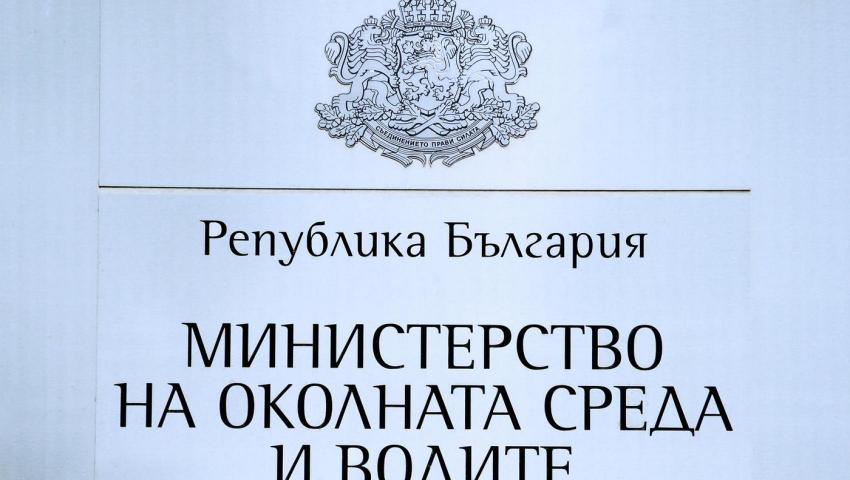The "Climate Change Policies" Directorate is being expanded to a main directorate in the MoEW
The aim is for the structure to reflect and address climate challenges more comprehensively

The Directorate "Climate Change Policies" (CCP) in the MoEW has been transformed into a General Directorate. The structural change is in line with the team's main priority in environmental management, namely to make climate change mitigation and adaptation policy a broad national policy for the country to address climate challenges.
"I share satisfaction that my intention to expand the PIK directorate, stated 11 years ago when I was an acting minister, after many efforts and negotiations, finally found its realization," said Minister Yulian Popov, motivating the change to the ministry's team. "With the transformation that has taken place, the PCC Directorate is not only increasing its staff numbers, but also taking on new challenges related to work at the local level, with stronger coordination with national institutions and with the aim of better integrating climate priorities into sectoral policies" , he emphasized.
The Directorate expands its functions and creates three territorial units - South-East Region (Stara Zagora), South Central Region (Plovdiv) and North Central Region (Gabrovo). With these changes, the MoEW will expand its opportunities to provide support to local authorities to improve strategic planning at the local level for climate change mitigation and adaptation to climate change.
In order to integrate climate priorities into sectoral policies, a "Coordination of Climate Policies" department is being created, whose main functions will be related to coordination between institutions to consider climate risks in the implementation of policies and projects in all areas of economic and public life.
Climate-related policies are complex, increasingly comprehensive and increasingly responsive to messages from the scientific community, expressed primarily through the reports of the Intergovernmental Panel on Climate Change (IPCC). The newly structured directorate will also have the task of strengthening cooperation with scientific circles and universities in the country, especially with NIMH, where there is significant capacity and potential for attracting young scientists. Within this process, Bulgaria applied to host the 61st session of the IPCC, which will be held in July 2024.
For the fulfillment of the international commitments in the field of the already occurring climate changes, timely systematic and integrated actions at the national, local and corporate level are necessary. Greater efforts and capacity from all interested parties and the creation of broad partnerships are also needed, which is precisely what the new climate directorate in the Ministry of Education and Culture will work for.
After Bulgaria's strong performance during the annual climate conference in Dubai, the ministry continues with numerous planned activities related to updating the regulatory framework, implementing the innovations from the "Prepared for Target 55" package, participating in various thematic events and updating the national strategic framework for climate policies, added the Ministry of Education and Culture.
